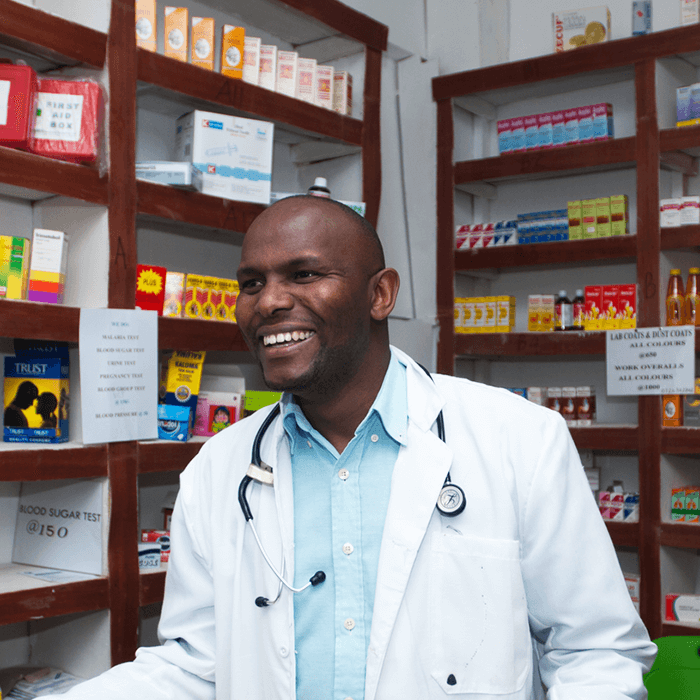Results for Development provides evidence, advice, support and connections to change agents as they drive the progress needed to deliver high-quality, affordable health services for all.
Health
The Challenge
Low- and middle-income countries (LMICs) have made enormous progress over the last few decades in health, resulting in higher life expectancy, lower child mortality and other gains. Better health is an important component of achieving human potential and contributes to economic growth and poverty reduction. However, despite progress, there still is a gap between the health status of LMICs and higher-income countries — and the gap is largest for the disadvantaged populations in these countries.
Global donor spending on health in low- and middle-income countries, which surged in the early 2000s, emphasized “vertical” programs aimed at addressing communicable diseases, such as malaria or HIV, and specific health technologies, such as immunizations. These initial investments also focused on service delivery. In recent years, however, external assistance for health has plateaued or declined as the ability of many LMICs to use their own resources for health has increased with economic growth.
As such, it is time to decisively shift the emphasis of development assistance for health to support local change agents. We need to ensure the sustainable mobilization and effective use of domestic funding, and we can do so by strengthening primary health care and reorienting health systems so that they are well integrated. Strong health systems and primary health care should be effective, efficient, adaptable, responsive and resilient.
Our Work
R4D works with change agents who want to advance their health-related goals — such as achieving universal health coverage (UHC), strengthening primary health care and ending preventable child and maternal deaths — but who are unsure how best to do this. We help them design and implement reforms that draw on global experience adapted to local contexts.
We collaborate with, and build the expertise of, change agents in low- and middle-income countries on issues ranging from financing, to reaching and meeting the needs of disadvantaged populations, to improving prevention and primary care, using monitoring and evaluation systems to identify issues and adjust policies and implementation.
R4D has extensive expertise in key drivers of sustainable financing, including domestic resource mobilization, public financial management, strategic purchasing and costing. We also support countries with other areas of system-strengthening, including adaptation of innovation into systems, public-private engagement, market shaping, use of data for decision-making, governance and citizen engagement. We support countries in a number of ways — supporting policymaking and implementation, developing institutions, facilitating collaborative learning among change agents and conducting applied research and quantitative analysis.
Our work includes:
- Providing management, coordination and technical input for a variety of learning and practitioner communities, including the Joint Learning Network for Universal Health Coverage (JLN), the African Collaborative for Health Financing Solutions (ACS), and the Learning Network for Countries in Transition (LNCT), a peer-learning platform for countries that are transitioning from Gavi support.
- Supporting stakeholders from government, the private sector and civil society to prioritize and mobilize domestic resources and develop strategies to use resources efficiently, equitably and sustainably through such programs as the Health Finance and Governance (HFG) project, the Maternal and Child Survival Program (MCSP) and the Support for International Family Planning and Health Organizations (SIFPO2) project.
- Supporting key global institutions and countries to develop new ways of measuring the performance of primary health care systems.
- Ensuring that innovators have the support and resources they need, while also ensuring that their breakthroughs are embraced, adapted and scaled. R4D manages the Global Innovation Exchange and The Center for Health Market Innovations — two global platforms that support innovators.
- Assisting government and private-sector change agents to engage with one another and harmonize efforts to better serve overall health system objectives.
- Working to increase citizen engagement and government accountability, while also building evidence about what works and why. For example, the Transparency for Development (T4D) project is assessing whether citizen engagement can improve maternal and child health.
- Shaping markets to increase access to vital health products and services, including insecticide-treated bed nets to prevent malaria, maternal health medicines, pneumonia treatments and more.
Learn more about our health systems work
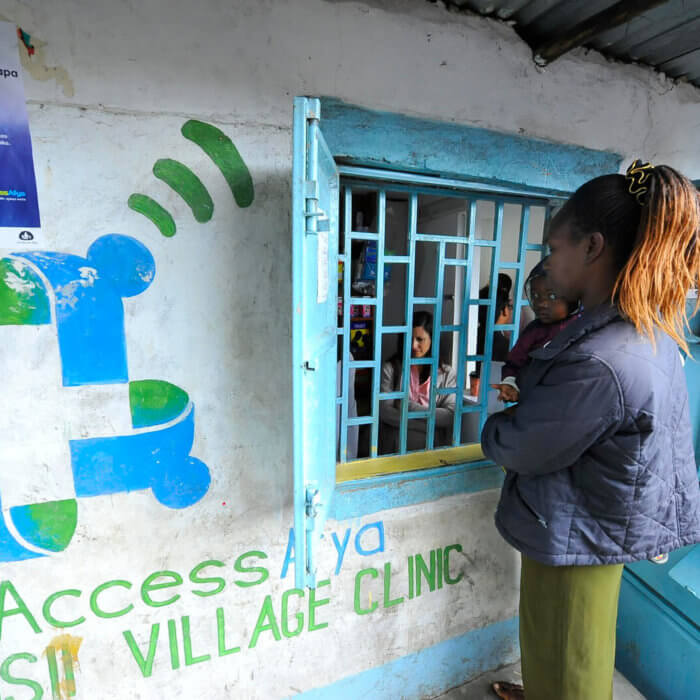
Health Financing
We promote the achievement of sustainable health financing in countries using a multi-pronged approach.
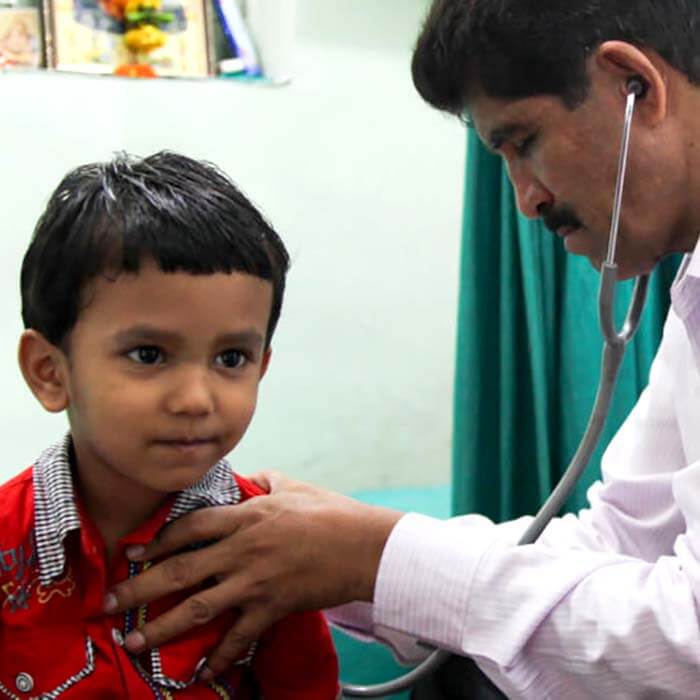
Health System Strengthening
We work with national and subnational change agents to strengthen health systems in low- and middle-income countries.
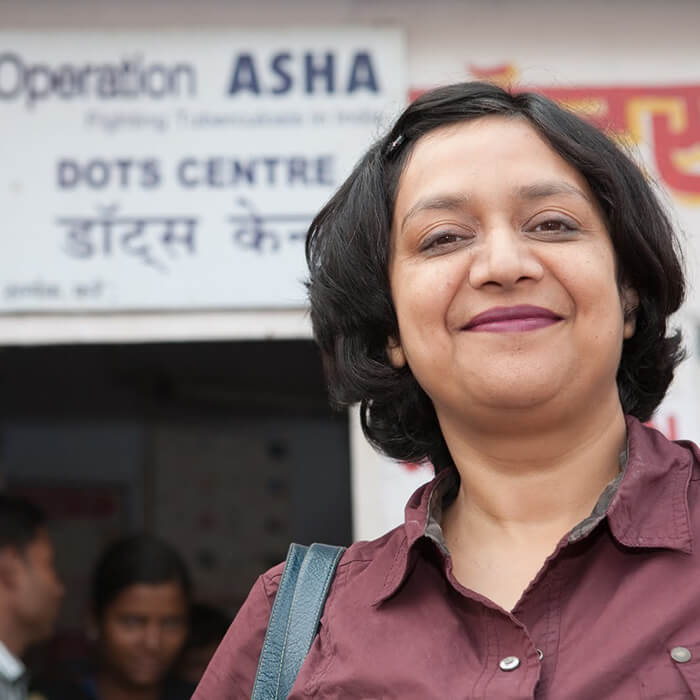
Mixed Health Systems
We work with public and private change agents to strengthen mixed health systems and improve health outcomes.
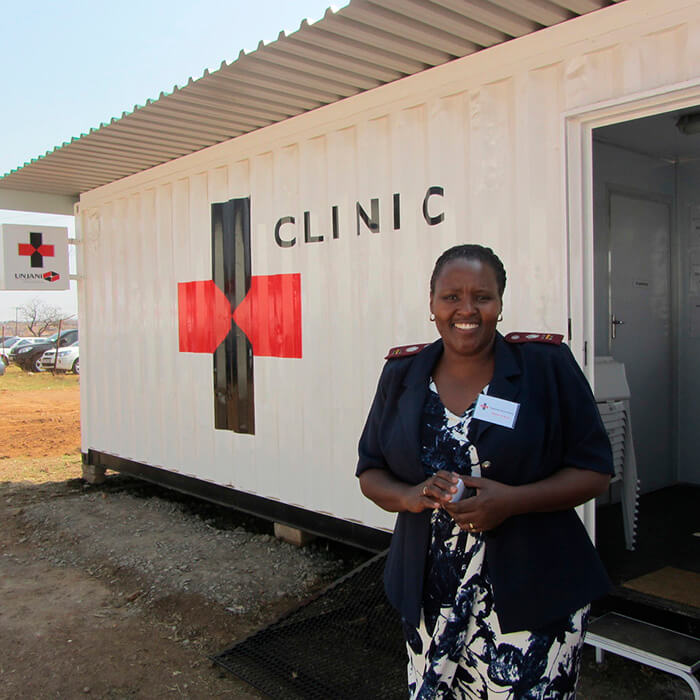
Primary Health Care
We work to create the tools and resources necessary to adequately fund and improve primary care service delivery.
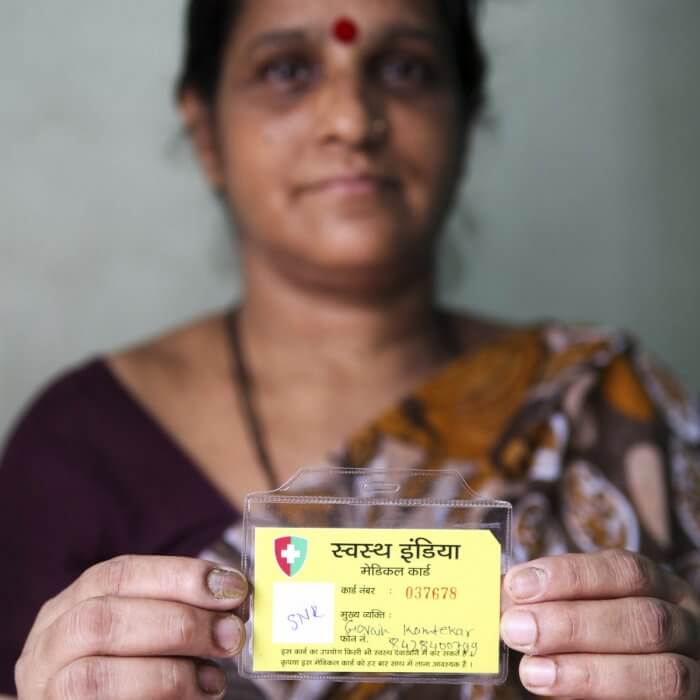
Universal Health Coverage
We support the acceleration of progress toward universal health coverage — health care for all.
Learn more about the health areas we work in
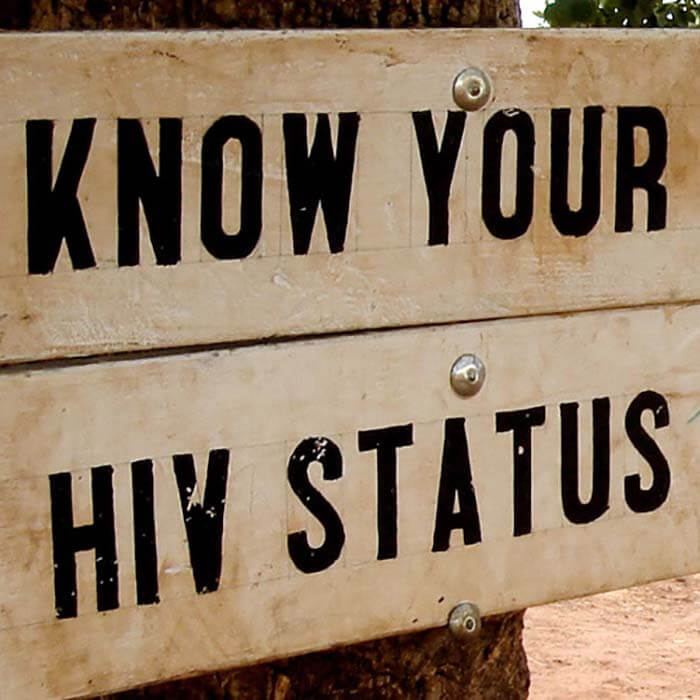
HIV
We advise and support efforts to sustain priority HIV interventions while also integrating them into broader health systems.
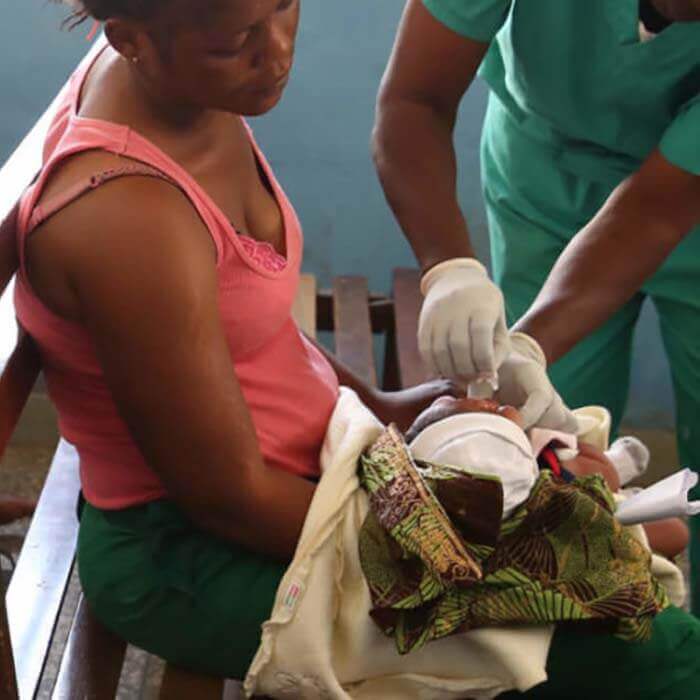
Immunization
We advise program managers, advocates and policymakers on how to sustain and bolster immunization programs.
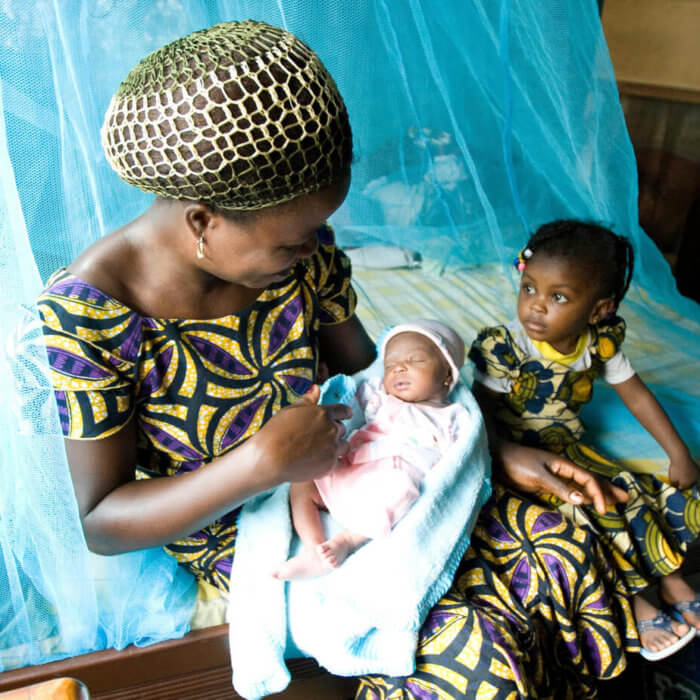
Malaria
We work with change agents to shape markets and increase access to critical malaria commodities.
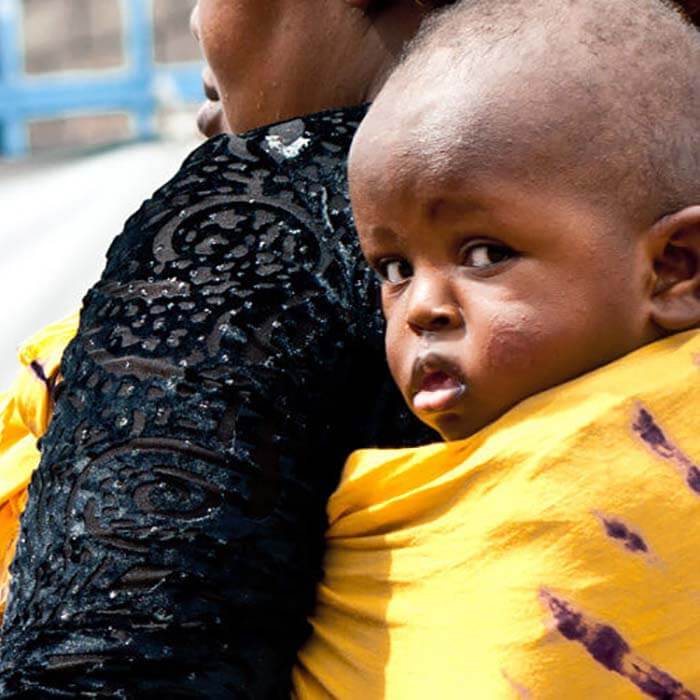
Maternal & Child Health
We work with change agents to improve access, strengthen health systems and reduce preventable maternal and child deaths.
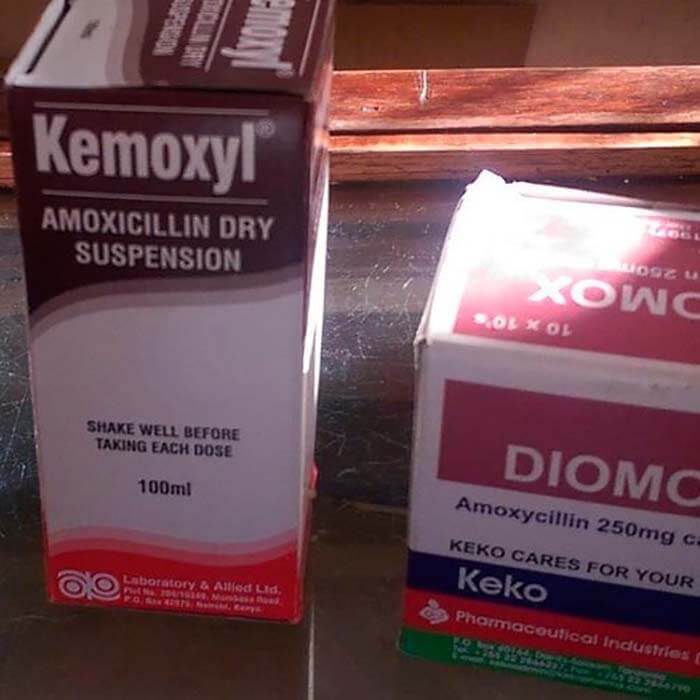
Pneumonia
We address market and system delivery barriers in order to increase access to lifesaving treatments for childhood pneumonia.
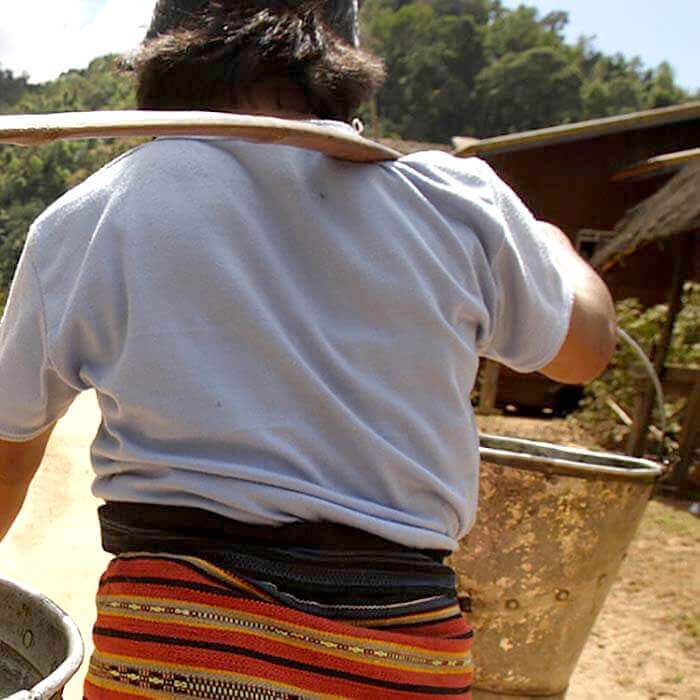
Water, Sanitation & Hygiene
Our work in water, sanitation and hygiene supports local change agents as they identify and scale up new and effective responses.



